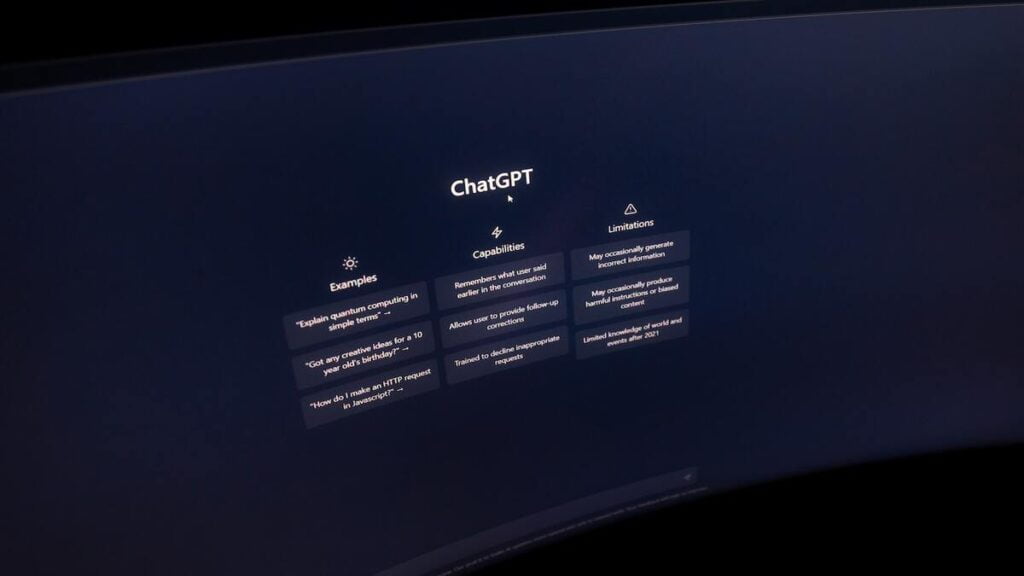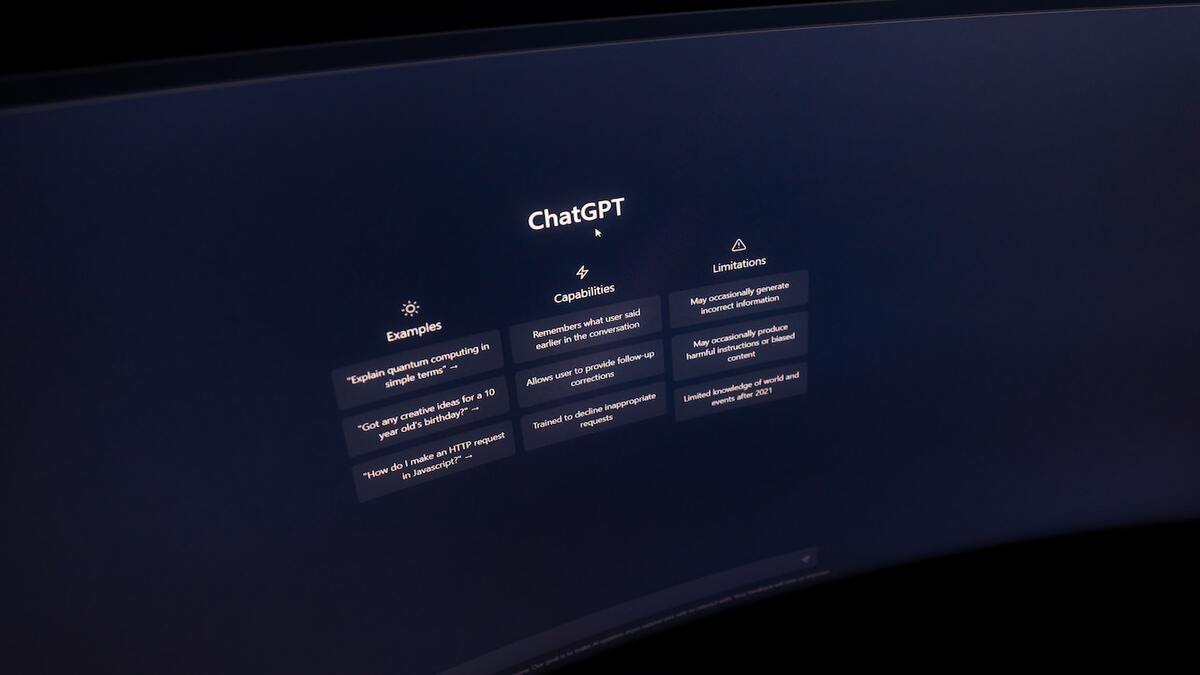OpenAI Requirements: Independent writers with ChatGPT copyright

A trade group representing two authoritative writers has filed a class action lawsuit against OpenAI, the maker of ChatGPT, and a federal court. Organized by the Authors Guild, the submission featured more than a dozen series from best-selling authors, including Jonathan Franzen, John Grisham, Jodi Picoult, George Saunders and “The Thrones Game” writer George R.R. Martin. Knowing that OpenAI illegally uses copyrighted works of their and other authors to teach the AI programs they create.
The condemnation is one of a variety of current trends against AI vendors, including Meta Platforms, AI Stability, and the owners of Facebook, who maintain that their AI systems will train access and enter copyrighted written works without consent or compensation. Nanciera adecuada. The request confirms that the company has used books available in the public domain or has obtained a license to use copyrighted material.
OpenAI and the other claimants assert that the use to which the additional online data is being obtained meets the definition of fair use by EE Maker’s Rights. UU. But these companies are tight-lipped about how you use data sets to train your AI systems, which replicate information, make statistical predictions based on that information, and respond to a signal from a person.
Upon request, the Authors Guild described in detail the company’s accusations that it violated copyright law, including using illegal deposits of pirated books to train the system to respond to humanitarian signals.
The documentation provided points to the fact that ChatGPT can generate accurate book biographies that can only be serialized if they are accessed to the full piece. Collections of chapbooks can also be created and characters from existing works used.
And in the case of George R.R. Martin, ChatGPT was used to create more books that would sell, while the author worked on his next privacy.
This may alleviate one of the main concerns described by the Authors Guild: “ChatGPT is used to create high-quality eBooks, replace authors, and remove books written by humans,” the condemnation asserts. He also cites the example of writer Jane Friedman, who discovered her name being used in IA-created “essential libraries” sold on Amazon.
The request details the economic damage that IA sows and describes the difficult situation of writers who have lost a significant amount of work due to clients altering machine-generated content.
He also cites a Goldman Sachs analysis that estimates that “IA creation could replace $300 million in full-time work money in the near future, or a quarter of the portion of work already generated in the US and Europe.”
In the Authors Guild’s announcement of the request, its executive director, Mary Rassenberger, said it was playing on a less palpable level if human creativity and innovation were to be eliminated from creative production: “It is imperative that we learn this as we destroy our amazing literary culture, which fuels so much OTHER CREATIVE INDUSTRIES IN EE.UU “Big books generally describe those whose works are devoted, rightfully, to their lives, learning and mastery of their offices. To preserve our literature, authors must have the ability to control whether their works are used by the IA that creates them.”
Jonathan Franzen believes there is a need for scribes to be able to decide whether their job is being used to establish artificial intelligence systems and what terms include financial compensation.
The Authors Guild believes that focusing on fiction writers by mass demand is a first step, and that a positive outcome will ultimately benefit all writers of all genders.
The use of IA and proper compensation for creators is also a major question in the work of artists and actors in Hollywood.
